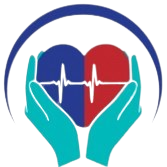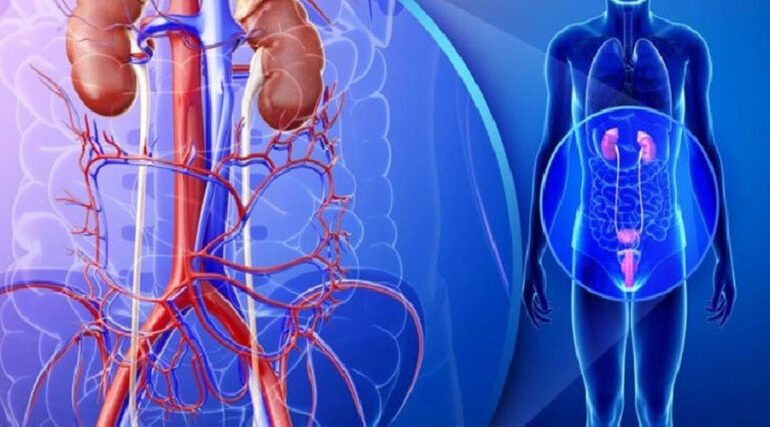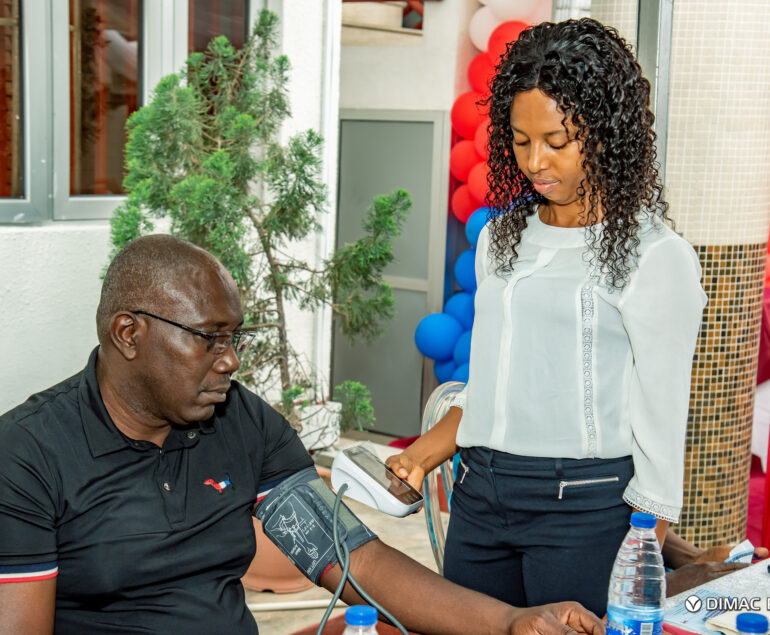In the world of medical diagnostics, computed tomography (CT) scans have revolutionized the way we visualize and understand the human body. CT scans offer a comprehensive view, allowing healthcare professionals to identify and diagnose a wide range of conditions with precision and accuracy. In this blog post, we will delve into the significance of CT scans, how they work, and the numerous benefits they bring to patient care.
What is a CT Scan?
A CT scan, also known as a computed tomography scan or CAT scan, combines X-ray technology with advanced computer processing to create detailed cross-sectional images of the body. It provides a more comprehensive and three-dimensional view compared to traditional X-rays, enabling healthcare providers to assess various structures, organs, and tissues in greater detail.
The Power of Detailed Imaging:
CT scans have transformed the field of medical imaging by offering unparalleled clarity and detail. These scans allow healthcare professionals to visualize bones, soft tissues, blood vessels, and even subtle abnormalities that may not be apparent through other imaging techniques. The ability to examine the body from multiple angles and slices enhances the accuracy of diagnoses and treatment plans.
Applications of CT Scans:
Diagnosis and Screening: CT scans are valuable tools for diagnosing and monitoring a range of medical conditions, including cancers, cardiovascular diseases, lung diseases, abdominal conditions, and trauma-related injuries.
Treatment Planning: CT scans play a crucial role in treatment planning. They provide essential information for surgical procedures, radiation therapy, and image-guided interventions, enabling healthcare professionals to precisely target the affected area and minimize damage to surrounding healthy tissues.
Emergency Medicine: In emergency situations, CT scans are invaluable in swiftly assessing traumatic injuries, internal bleeding, and other life-threatening conditions. The quick turnaround time of CT scans aids in prompt decision-making and expedited patient care.
Follow-up and Monitoring: CT scans are often used for post-treatment follow-up and monitoring, allowing healthcare providers to assess treatment response, detect potential complications, and guide ongoing management plans.
The Advantages of CT Scans:
Speed and Efficiency: CT scans provide rapid results, reducing waiting times and enabling healthcare professionals to make timely decisions. This is particularly crucial in emergency situations where prompt diagnosis and intervention are vital.
Non-Invasive and Painless: CT scans are non-invasive and typically painless. Patients simply need to lie still on a table as the scanner rotates around them, capturing the necessary images. The procedure is well-tolerated by most individuals.
Versatility: CT scans can be tailored to focus on specific areas of the body, providing customized and targeted imaging based on the patient’s specific needs.
Low Radiation Dose: Modern CT scanners are designed to minimize radiation exposure while still producing high-quality images. Precautionary measures are taken to ensure patient safety and reduce radiation risks.
At United Hearts Hospital, we recognize the pivotal role CT scans play in delivering exceptional patient care. Our state-of-the-art imaging department houses advanced CT technology operated by highly skilled radiology professionals. We prioritize patient comfort and safety while providing accurate and timely diagnostic imaging results to guide personalized treatment plans.
CT scans have transformed modern medicine, offering detailed insights into the human body and empowering healthcare professionals to make informed decisions about patient care. From diagnosing diseases to guiding treatments, CT scans have revolutionized the way we approach healthcare. At United Hearts Hospital, we harness the power of CT scans to provide comprehensive, accurate, and compassionate care, ensuring the best outcomes for our patients.




